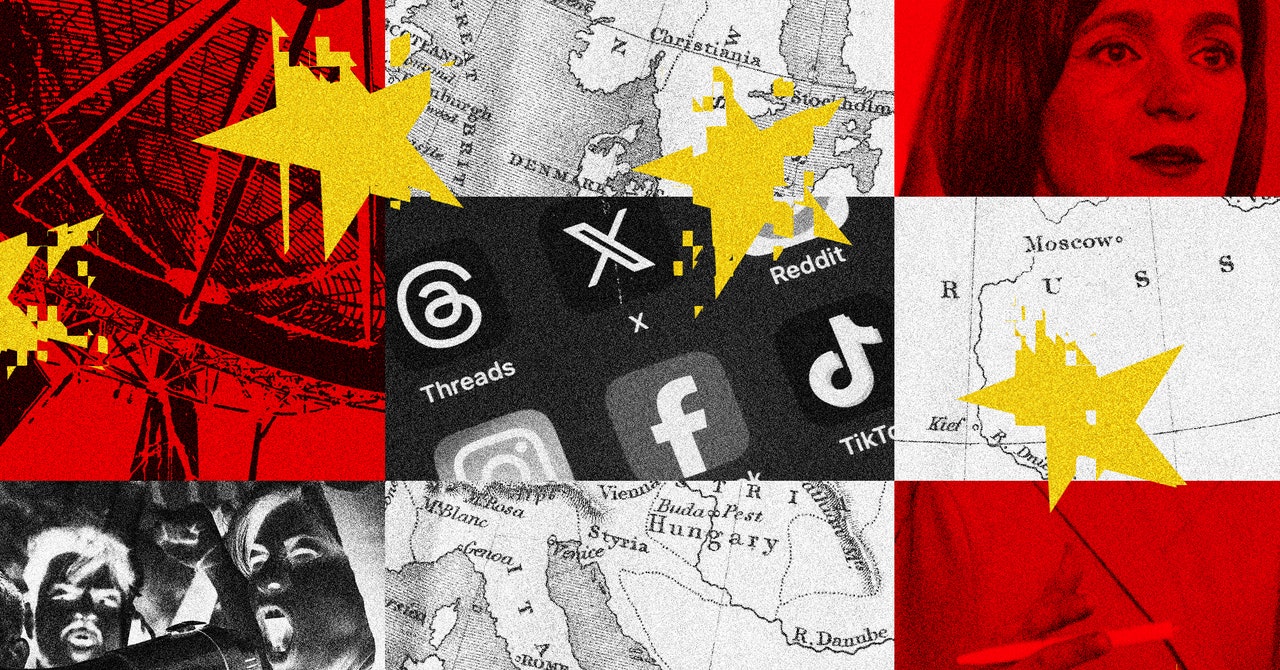The EU referendum is a key moment for Moldova. On Sunday, voters will face a choice whether their country should write its intention to eventually join the EU into its constitution and allow President Sandu to seek closer ties with the bloc, a move prompted by the war in Ukraine. A yes vote will create a legal guarantee for the country to move towards the European Union, regardless of governments in the future,” said Julian Groza, executive director of the Institute for European Policies and Reforms, a non-profit organization that wants to accelerate Moldova’s integration in Europe.
Polls show that 55 percent of Moldovans support joining the EU. But more than a third of eligible voters must show up at the polling stations for the vote to be valid. This means pro-Kremlin forces in the country are encouraging people not to vote at all on Sunday, Groza says. “Those campaigning for a boycott of the vote are basically campaigning for the referendum not to pass.”
Revenco believes there is evidence that Russia is behind the disorienting amount of online activity. “Police investigations over the past two years have clearly seen the link with organized crime groups, including those on the international sanctions list,” she says. “This investigation traces their ties really to Russia, including the military ecosystem, the banking ecosystem, and finance, including those banks that are also on the international sanctions list.”
In October, police announced the seizure of wads of cash and cellphones linked to organizations linked to Ilan Shor, a fugitive Moldovan oligarch living in exile in Russia. Police said these affiliates were preparing to organize vote-buying via Telegram, an allegation that Shore called an “absurd spectacle.” On Telegram, bots are offering up to $280 to people who post on Facebook against joining the EU. “They outsource disinformation,” said Victoria Olari, a research fellow at the Atlantic Council’s Digital Forensic Research Lab, which is based in Moldova’s capital, Chisinau. “They get paid to post for their friends, for their inner circle of people.”
Olari described the Telegram bot as an example of how brazen Russia has become in Moldova. “This is the first time that Russia is no longer in hiding; they do this openly,” she says. Government officials say Russia spent about 50 million euros ($54.3 million) on election interference last year, an amount expected to more than double by the end of 2024, according to Revenco.




